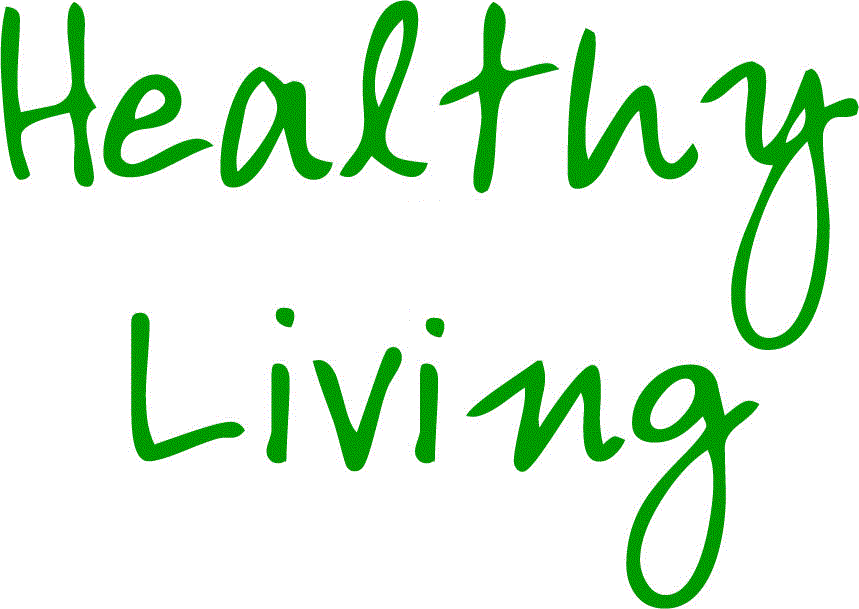Everything You Need to Know About the Effects of Lectins in Your Diet
- michaeldstephens73
- Jan 3, 2018
- 3 min read

If you love reading, you may have come across the book, The Plant Paradox: The Hidden Dangers in Healthy Foods, by Dr. Steven Gundry, which highlights a food fad that might quickly take over gluten-free products. Lectins are a plant ingredient that are now making headlines in the food industry, and Dr. Gundry is advising folks to stay away from them. Read on to find out exactly what a lectin is and why they can be potentially harmful.
What is a Lectin?
Lectins are a type of protein naturally found in plants whose sole purpose is defending the plant from predators. Once a plant is ingested, the lectin in it triggers an unexpected reaction that leads the predator to believe the food is not good for them. This, in turn, goes a long way in increasing the survival chances of the particular plant species.
Lectins can safely pass through the digestive tract without being broken down. However, it is their ability to bind to cell membranes in the digestive tract that makes them dangerous.
Consuming too many lectins can result in the following symptoms:
Damage to luminal membranes of the epithelium
Interference with nutrient digestion and absorption
Disruption of protein, lipid, and carbohydrate metabolism
Alteration of hormones
Nausea
Brain fog or fatigue
Diarrhea
The following are health conditions that are believed to worsen due to the presence of lectins in the body:
Celiac
Allergies
Asthma
Ulcerative colitis
Premenstrual Syndrome(PMS)
Irritable Bowel Syndrome(IBS)
Foods that contain lectins
Plants contain high amounts of lectin proteins. Since a lot of our diet is plant-based, it’s important to know which foods have the most, so you can make informed meal choices. The following foods are considered high in lectins:
Legumes- peas, beans, and lentils
Grains
Seeds
Some fruits and vegetables such as potatoes, peppers, eggplants, tomatoes, and berries.
So what can you do?
By now you must be wondering how and what in the world you should be eating, seeing as almost everything is laden with lectins. Besides enlightening you on these foods, Dr. Gundry’s book is quick to point ways in which you can benefit from these foods without experiencing adverse effects.
The first option is by starting and adhering to a lectin avoidance diet that simply eliminates foods containing this protein and replacing them with foods like:
Wild-caught seafood
In-season fruits
Pasture-raised meats
Eggs from cage-free chickens
Leafy greens
Olives
Avocados
Cruciferous vegetables.
If you can’t eliminate these foods completely, there are some things you can do to try to cut down the number of lectins in them. Stick to the following guidelines, and you can reduce your lectin intake:
Sprouting: Deactivation of lectins is made possible by sprouting beans, seeds, and grains. This is because sprouting metabolizes the seed coat where most of the protein is found. As a result, the activity of this harmful protein is significantly reduced.
Fermentation: If you never had enough reason to eat fermented foods such as tofu, miso, kimchi, sourdough bread, natto, or tempoyak, then this is your chance to delve into what is ordinary for many Asian societies. You will be surprised to know that besides being a great alternative, they are tasty and a great boost for your digestive tract. Fermenting is a process that allows beneficial bacteria to break down lectins.
Soaking: The levels of toxicity in beans and grains can be reduced if you soak them before cooking. By soaking overnight, the toxins are reduced to a level that eliminates their potency and ability to wreak havoc in your body. After proper rinsing, simply cook for the required time.
Cooking: Stick to eating food that is properly cooked unless it is marked as safe to eat raw. Avoid fads that advocate for a totally raw diet as cooking can help to reduce lectin levels in many foods.
In Conclusion
It is better to be safe than sorry, and the above lectin reducing practices can have beneficial results for digestive and overall health. Above all else, consult your doctor if you notice any adverse effects when starting any kind of new diet. This will ensure that you are making the safe and right choices for you and your individual needs. Be the next person to enhance their health by reducing and/or cutting lectins out of your diet.










Comments